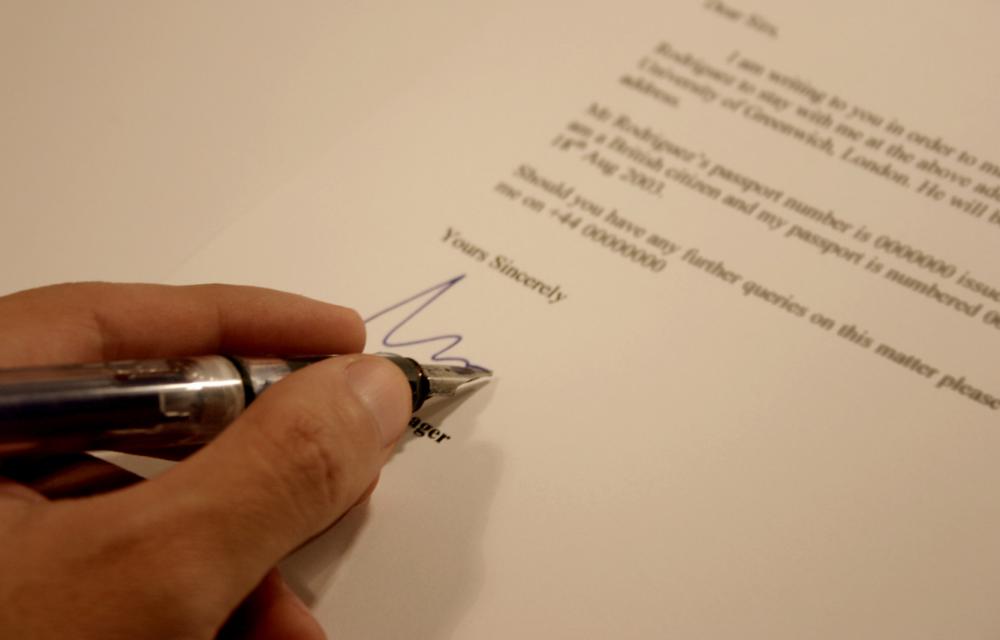At WiseGEEK, we're committed to delivering accurate, trustworthy information. Our expert-authored content is rigorously fact-checked and sourced from credible authorities. Discover how we uphold the highest standards in providing you with reliable knowledge.
How do I Write a Job Applicant Rejection Letter?
Companies are advised to write a job applicant rejection letter to all applicants they don’t hire. The goal of the letter is to inform the applicant of the circumstances, show appreciation and maintain a good relationship with the applicant. At minimum, the job applicant rejection letter needs to include:
- A statement the applicant didn’t get the job.
- An expression of appreciation for the application and any interviews.
- Best wishes to the applicant in his continued job search or professional development.
- Letters can also contain encouragement to reapply, a request to apply to another current job, and personal details about the things interviewers appreciated about the applicant.

Most letters are written in a formal business style. The first one to two sentences are devoted to informing the applicant that someone else was hired, and giving a vague reason for this. “We are unfortunately able to offer you a job at this time, due to the high number of qualified candidates,” or some permutation of this sentence suffices.
The next couple of sentences should thank the applicant for undergoing the application/interview process. They can also be personally directed so the company shows its gratitude for getting to meet the applicant. A sentence such as: “We appreciated meeting you and enjoyed hearing your ideas on how you would fit in with our corporation,” is appropriate if that is what occurred. Many business experts feel that the statement in this part of the job applicant rejection letter should be slightly personalized and express some appreciation for an actual occurrence during the interview to soften the rejection and make it personal and complimentary.

The last essential detail is a wish for the applicant’s success in the future. This can be expressed with a simple statement like: “We wish you ongoing success in your profession (job search, career, etc).” The job applicant rejection letter should then close with a formal signature.
In between the expression of appreciation and the wish for success, letters could include invitations to apply to other current jobs or to apply for jobs in the future. These invitations are one reason to personalize all letters and not send out a form. Some companies don’t welcome the applicant applying again if interviews were bad or unfavorable, but they may have really liked some candidates and were unable to offer them work. It’s recommended if there is a second position open, the employer should say so not only in a letter, but also in a phone call.
Companies should avoid potential pitfalls when writing a job applicant rejection letter. They should not comment on the person/s hired or the specific qualities that made that person a better choice. Therein lies the potential for lawsuits about unfair hiring practices. Negatively commenting on the applicant’s performance is also ill advised. Remember the goal at hand; inform, thank, wish well, and leave a good impression.
AS FEATURED ON:
AS FEATURED ON:












Discussion Comments
Anon106780 - I agree. I remember when I used to work at a human resources department for a company. We used to receive a lot of job applications and sometimes we had to send rejection letters for employment because we received so many applicants.
Some people were really qualified and I felt bad sending them an employment rejection letter, but at least the person would be able to move on in their job search and continue looking for work elsewhere once they knew that we couldn’t hire them.
I know that some people feel bad receiving a rejection letter, but sometimes they are rejected because the employer was lucky that so many qualified applicants applied. This type of wording in a sample rejection letter allows the applicant to realize that they were qualified but there was just not enough space to offer additional jobs. It also allows the applicant to continue to have a positive view of the company and not develop hard feelings.
If I get a rejection letter for employment, I understand that this may come into to play and I usually don't feel too bad about the rejection. My years in working in human resources made me realize that rejection is not always personal.
You helped me a lot with this. I have just stared a small business and need to write these letters. thanks for sharing the syntax!
Post your comments